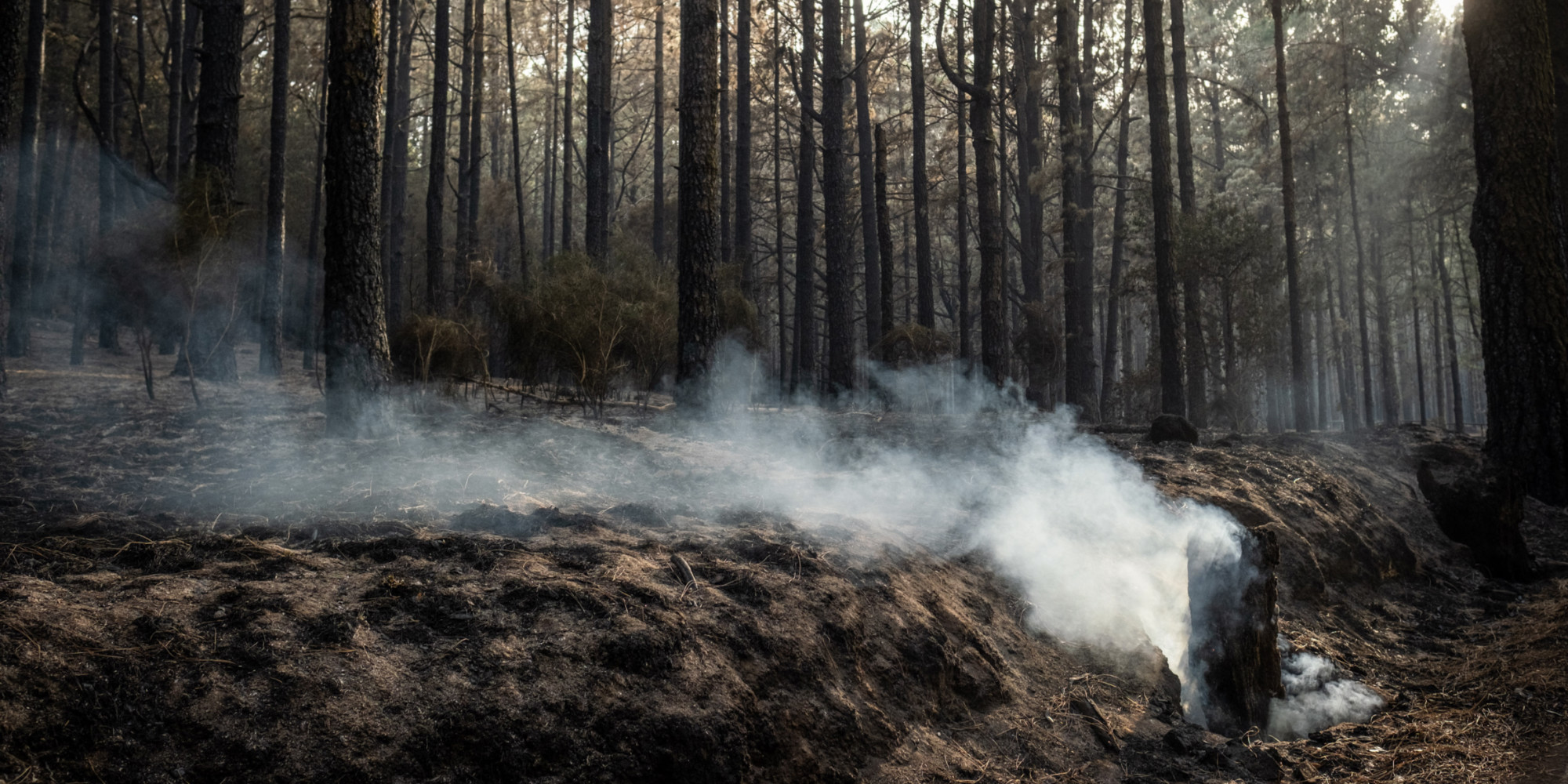The fire that has ravaged the Spanish island of Tenerife, in the very touristic archipelago of the Canaries, since August 15, is “stabilized for the most part”, but not yet under control, local authorities said on Wednesday. This fire “is not yet controlled, far from it, but most of it is stabilized”, declared the chief of the emergency services of the archipelago, Manuel Miranda, during a press conference in Santa Cruz. of Tenerife, the capital of the island.
With nearly 15,000 hectares reduced to ashes, or about 7% of the area of the island, this fire is the largest in Spain since the beginning of the year. “It was an extremely difficult battle, which the emergency services, at the moment, are fortunately winning,” added Manuel Miranda. About 300 firefighters and soldiers, with the reinforcement of 18 air assets, are hard at work trying to put an end to the fire, which broke out on the evening of August 15 in a mountainous area of this island, one of seven in the Canary Islands, located off the northwest coast of Africa.
12,000 people evacuated
The disaster, which now extends over a perimeter of around 90 kilometers, led, at the height of the disaster, to the evacuation of more than 12,000 people, many of whom have already been authorized to return to their homes. Wednesday morning, 3,109 people remained evacuated, said during the press conference the head of Civil Protection of the Canarian government, Montserrat Román. During a visit to Tenerife on Monday, Prime Minister Pedro Sánchez announced that a state of natural disaster would be declared in the areas concerned, in order to speed up measures to help the population.
The fire broke out after a heat wave hit the archipelago, drying out many places. In 2022, 300,000 hectares were destroyed by more than 500 fires in Spain, a record in Europe, according to the European Forest Fire Information System (Effis). Since the beginning of the current year, the country has recorded 340 fires which have ravaged nearly 80,000 hectares, according to the same source.
According to experts, extreme weather phenomena have intensified recently due to global warming, responsible for more frequent, longer and more intense heat waves and periods of drought. Spain, which has been experiencing its fourth heat wave of the summer since Sunday, is on the front line in Europe in the face of global warming.
